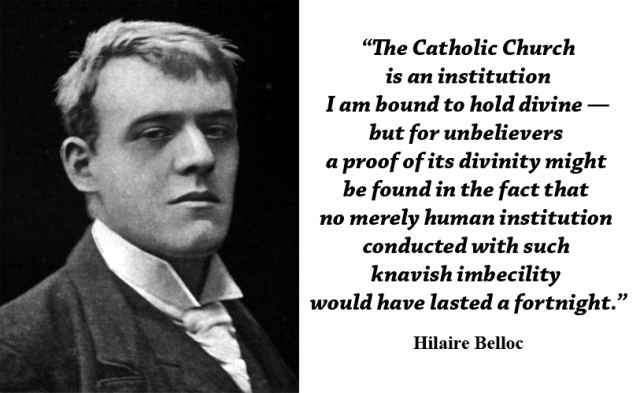Tuesday, August 28, 2018
Church Always Reforming
An 88-year-old Buddhist monk was taken to a hospital after a hunger fast of 41 days— demanding reform in the largest Buddhist order in Korea. Within the order he held important positions and was asking for the resignation of its leaders for corruption and illegal operations. Writing for a monthly bulletin for priests, the priest writer informs the readers of the issues involved.
A television program brought to light the suspicions of corruption within the order and the monk's demand for the resignation of the leaders. Those with the same understanding of the situation met together with the monk, and arranged for a press conference. Many of the different strata of society attended. Since the order receives government subsidies they asked the government to investigate the suspicions of corruption but only silence followed.
The writer makes known the virtuous life of the monk, who despite the hot weather continued the fast. His follow monks convinced him that he was more important alive then dead and he terminated the fast and entered a hospital.
Two days later the leader of the order declared he would retire. This was the desire of the fasting monk. Not only Buddhism but the other religious entities, although different in degree, desire to get rid of long-standing vices.
Religion is the soul and spirit of our society. The mass media gave the issue a hearing and made known to the citizens the need for reform. Like in society, religion is corrupted by money and power and when it becomes part of the structure we have it multiplying. Reformation within religion is one of the signs of the times.
In the Buddhist world, there has been a struggle to reform as was seen by the long-time fasting of other monks in the past. At time it was done with a club in their hand in attempts to get rid of evil customs. Corruption will always be present, and some monks will be in search of reform. Few priests within Catholicism demand the clearing away of long standing evils and demanding reform. On occasions, priests have criticized the doings in the church, but often they were not supported and suffered only pain. Recently, in one of the dioceses an older priest criticized the diocese and bishop and demanded reform. In response, the bishop punished the priest with suspension. In some way, it can be seen as an abuse of the bishop's authority.
The fasting of the monk brought change. The reforms in other religious groups and the clearing of long-standing evils will have to happen from the bottom up—like the candlelight vigils we experienced in our recent history in Korea.
Subscribe to:
Comments (Atom)
